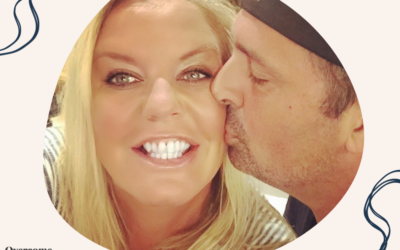There is not a one-size fits all approach to forgiveness because the magnitude of offense is different from situation to situation. So, when attempting to explain the how-to for understanding or applying forgiveness, I immediately question the magnitude of the offense a person experienced. Larger offenses where life is changed forever cannot be treated the same way as small things that we can easily overlook.
The goal of forgiveness is to get to a less painful place after you have been hurt, to diminish the stress, anger, and other negative side effects unforgiveness brings. Below are a few principals about forgiveness to help us understand forgiveness a little better.
Forgiveness is a choice.
Forgiveness is a conscious choice we make through our volition, motivated by freeing ourselves from the bondage of unforgiveness. The direct result of forgiveness is peace within and peace with God. But remember, a direct result is not always instant.
Dealing with the emotional aftermath is a process. Depending on the magnitude of the offense, working through the experience of what happened could take a long time. You start by sharing with a friend something simple like, “I’m struggling with this but I choose to forgive.”
Forgiveness is something you do for yourself.
It has nothing to do with the one who caused the offense. Forgiveness does not change the perpetrator or the one that committed the crime, but it can help releases the hurt of your past. Remind yourself occasionally you’re not doing this for the person that hurt you. You’re doing it for yourself. Self-care is not a selfish thing; in fact, taking care of yourself so you can reach your God-given potential is very important.
Healing Begins When We Share
Helping others with forgiveness is not as difficult as it may seem. Simply allowing people to share their story is the beginning of the healing journey. As a counselor, I would initially get people to tell their story. The things that seem to be deep in our spirit and trouble us from time to time begin to have a less destructive influence on our lives when we find somebody we can talk to and open ourselves up to.
Forgiveness is not reconciliation
We have to make a separate decision about reconciliation. Whether to reconcile with the person we are forgiving or keeping our distance is something that you have determine yourself because to be reconciled is a cooperative effort of more than one party. Don’t allow reconciliation keep you from forgiving. Forgiveness is not ignoring, disregarding, tolerating, excusing, overlooking, or closing one’s eyes to the mistakes and hurt of another person. You have to remember that forgiveness is something we do for ourselves, not something we do for others.
Forgiving Doesn’t Mean Forgetting
I steer away from using phrases like “forgive and forget” because there are very few times that applies. Oftentimes, we forgive because we cannot forget.
Learning to forgive is hard work but when you begin to understand some of the principals of forgiveness, my hope is that it will become easier with time.




